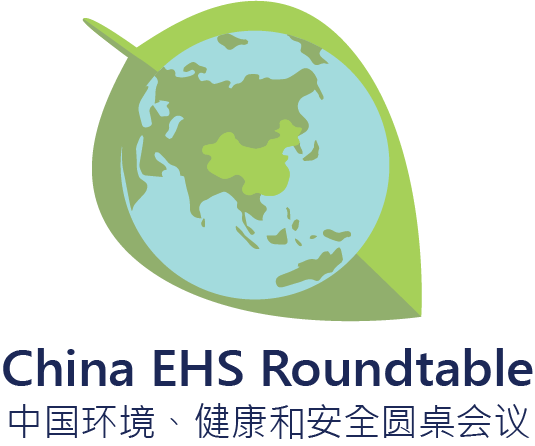Representative Matters
Our product stewardship and global supply chains experience includes:
- Representing numerous U.S. electronics manufacturers on take-back and recycling measures, worldwide, including detailed analyses of existing and proposed take-back measures in Europe, Asia, and Latin America relevant to the development of global asset management and recycling strategies.
- Representing clients in the chemicals, pharmaceutical, and electronics industries on existing and proposed chemical bans and restrictions under regional or global environmental agreements.
- Leading negotiations and implementations of regional and global environmental agreements, with a particular emphasis on treaties and related legislation, which includes B&D leadership roles in architecting and negotiating requirements of major environmental treaties and agreements such as the Stockholm Convention on Persistent Organic Pollutants (POPs), which identifies the approach to phasing out chemicals worldwide.
- Representing the Information Technology Industry Council in international Basel Convention and Organization for Economic Co-operation and Development negotiations on the control of used electronic equipment exported for repair, refurbishment, and recycling.
- Assisting a leading consumer electronics company in a worldwide product recall.
- Advising clients in the chemicals, pharmaceutical, and electronics industries on existing and proposed chemical bans and restrictions under regional or global environmental agreements such as the EU’s “REACH” regulation, the Montreal Protocol on Substances that Deplete the Ozone Layer, the Rotterdam Convention on Prior Informed Consent, and those targeting POPs.
- Monitoring and representing client interests with respect to chemicals that have been targeted for testing or potential regulatory action such as high production volume chemical and PFOA compounds.
- Counseling on environmental labeling and certification, including advice and representation with respect to the U.S. Federal Trade Commission's guidelines on environmental marketing claims, EPA's Energy Star program, and a variety of international eco-labeling programs and helping clients evaluate the strengths, weaknesses, and competitive implications of various product standard and certification programs intended to use market forces to encourage “environmentally preferable” products, and have represented interests with respect to such programs.
- Assisting in managing increased requirements and information sharing up and down the supply chain that resulted from enhanced product stewardship requirements; drafting model contract language with respect to vendors’ legal and regulatory requirements and responsible handling of clients’ products and wastes; and advising on the nature and scope of product information shared with customers, including proposed responses to customers’ requests for various types of certifications regarding product composition or regulatory compliance.
- Advising on regulatory developments affecting packaging design and recycling at the state, federal, and international levels and preparing a comprehensive report recommending product design approaches to minimize financial and environmental impacts associated with certain packaging and recycling requirements in Taiwan and several other Asian jurisdictions.
- Preparing country surveys identifying and analyzing regulatory initiatives affecting the manufacture, use, and recycling of certain plastics in key markets for a major U.S. trade association, which included analyses of existing and proposed environmental measures and an assessment of governmental and non-governmental organization policy concerns and priorities, as well as media reports.
- Representing the Shared Product Responsibility Group (an industry coalition) in connection with both the OECD extended producer responsibility (EPR) project and EPA's development of a brochure on the EPR concept (a shared responsibility approach) advocated by EPA and the President's Council on Sustainable Development.
- Helping a major trade association prepare a voluntary industry policy for identifying and managing risks posed by certain persistent, bio-accumulative and toxic substances (PBTs) as part of the industry's overall response to increased efforts, within the U.S. and internationally, to ban and restrict the use of certain commercial chemical products, by-products, and pesticides.












